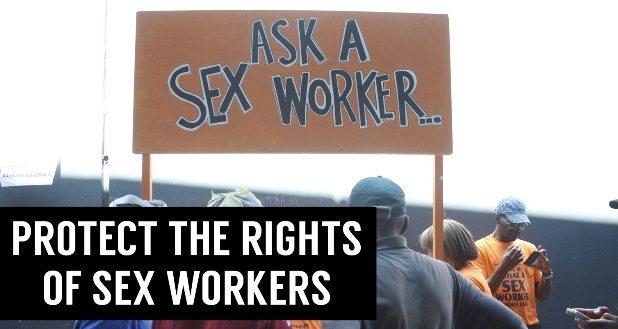With “South Africa’s longest running comics and games convention”, #ICON2016 starting on Friday, we caught up with one of gaming’s most well-known faces – PIPPA TSHABALALA. She will be a moderator for a panel at ICON and talked to The Daily Vox about video games, writing and why women are still not seen as gamers.
Most of the gaming community in South Africa will know Pippa Tshabalala from her time as a presenter on SA’s first gaming show, The Verge. But she was involved in gaming way before her presenter gig.
From the age of 10, Pippa wanted to make video games. Full Throttle was her inspiration for going into the field. From high school to varsity, she cultivated her courses with this in mind. But, while interning for her Masters at I-Imagine, a South African company that made video games, she realised something. “I realised after three days that I did not want to make video games.â€
She wanted to have a life, and the time, the commitment was quite hefty. “I did realise that actually what I enjoyed more was less making them and more writing about them.â€
While lecturing Honours and Masters courses on 3D animation as Wits, she was called up by her boss who recommended her as a TV show presenter for a video game show. She had never done TV before but thought, “Yeah sure! Why not?â€
Life went by pretty quickly after that. She started shooting for the show, originally called Playr, just after arriving back from a visit to Australia. Six months later, they started a live local version of the show called The Verge. “I had only just got used to pre-recorded TV and all of a sudden I was doing live TV, which is a very different ballgame, because there’s no redos and you just go.â€
People have a romanticised notion of what presenting a show is all about. “What I think people think you do is I think you sit around and play games all day, when in reality that is absolutely not what you do.†It was mostly about making TV and making entertainment, capturing footage, and knowing what you’re going to say about a game, she said.
The show ran for four years and ended in 2012, but she’s still known for it.
Since then, she has written for gearburn and MWEB GameZone. She also started her own magazine, a pop culture magazine called Spliced, which ran for about 18 months. She even gave a TEDX Soweto talk on how video games can bring about social change.
When she has the time she plays RPG (role-playing) video games. She even co-ops with her five-year-old son from time to time as he loves to play Sky Landers. “He’s very much my child, he’s taken to it in a big way,†she said.
As a female gamer she thinks that there are still fewer women than men in the gaming industry. “Until that balance becomes a little more equal, you are always going to have that imbalance until the industry as a whole shifts,†she said. Tshabalala thinks the industry won’t shift until the world and society as a whole shift first.
Yet, women are still not being seen as gamers or being part of the gaming industry. “There are certain fields that people just assume are male-orientated, it’s just one of those things, a historical thing.†But every year you go to events and every year there’s more women, “so it’s a perception, but it’s a perception that will change,†she said.
Pippa is no stranger to the world of sexism that is often attached to the gaming world, like#GamerGate. But she was never a target for the online group that harassed female gamers. It was more in her early years while presenting that she remembers a particular spat. When she first started presenting Playr, she was called “a pretty faced bitch†on a forum. After confronting the person who made the comment, they backed down. “Whilst I do think it’s wrong that I had to prove myself, that’s stupid because if that had been a guy it wouldn’t have been a question; it would have just automatically been accepted that he played video games,†she said.
This weekend at #ICON2016 she will be moderating a panel on E3, where she and two others will be talking about the big announcements from E3 and what they mean for the gaming industry. She might also buy a video game or two, since it was just payday.









